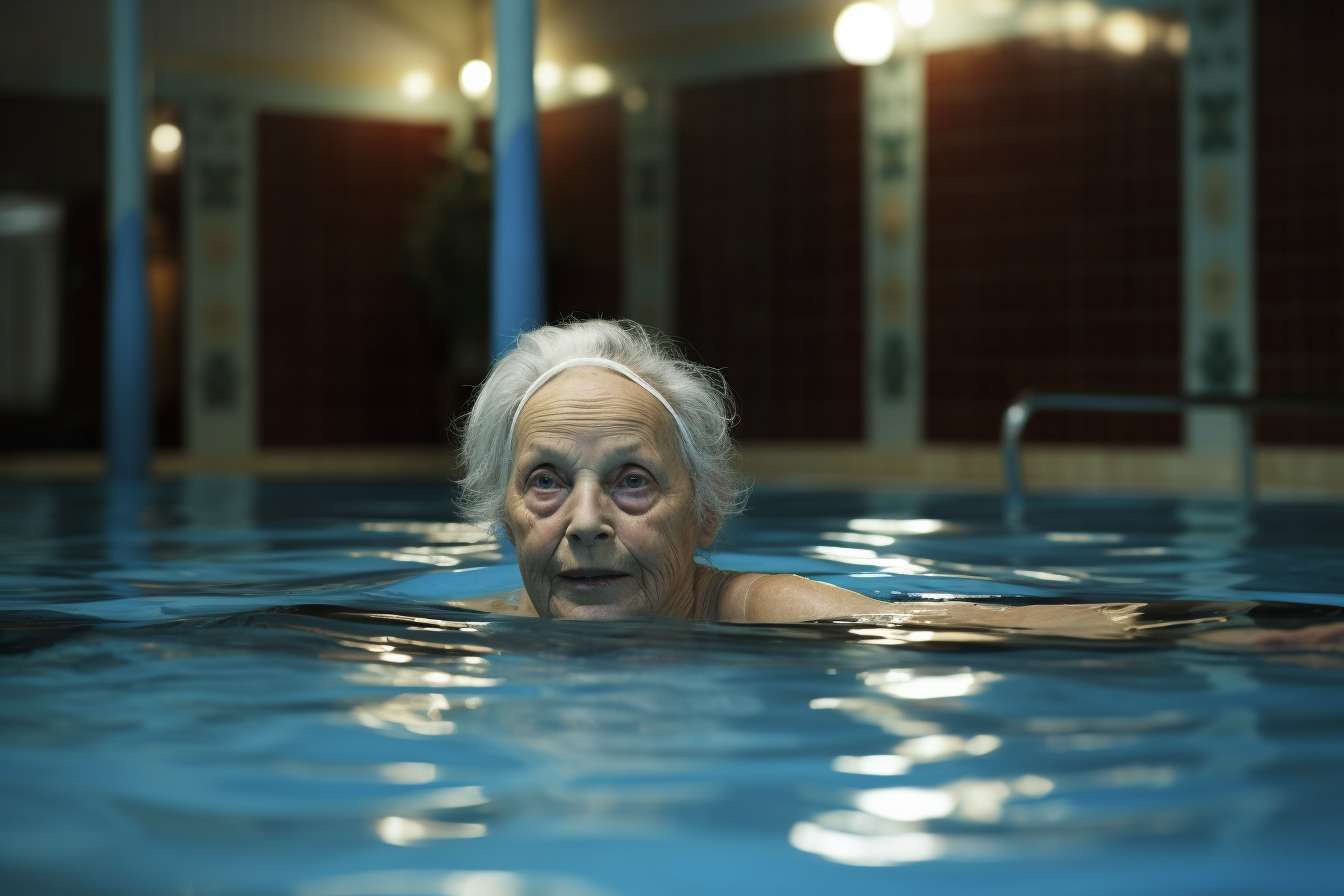Conquering Daytime Sleepiness: Understanding and Overcoming Fatigue
Feeling constantly tired during the day is more than just an inconvenience—it's a widespread challenge that affects millions of adults, particularly as we age. Persistent daytime sleepiness can significantly impact quality of life, work performance, and overall well-being. Understanding the root causes and discovering effective strategies to boost energy can help you reclaim your vitality and enjoy more productive, alert days.

What Causes Daytime Sleepiness in Older Adults?
As we age, our sleep patterns naturally change, making daytime fatigue more common. Hormonal shifts, reduced melatonin production, and changes in circadian rhythms contribute to disrupted sleep cycles. Medical conditions like sleep apnea, medication side effects, and chronic health issues can also intensify daytime drowsiness. Identifying these underlying factors is crucial to developing an effective energy management strategy.
How Do Age-Related Sleep Patterns Impact Energy Levels?
Older adults often experience lighter, more fragmented sleep compared to younger individuals. The body’s internal clock becomes less stable, leading to earlier bedtimes and morning wake-ups. Reduced deep sleep stages mean less restorative rest, causing increased daytime tiredness. Factors like decreased physical activity, metabolic changes, and reduced muscle mass can further compound these sleep challenges.
What Common Lifestyle Factors Contribute to Daily Tiredness?
Sedentary lifestyles, poor nutrition, and irregular sleep schedules significantly impact energy levels. Excessive caffeine consumption, lack of exercise, and high-stress environments can disrupt natural energy production. Dehydration, poor diet, and minimal social interaction can also contribute to persistent fatigue. Addressing these lifestyle elements can help restore natural energy and improve overall well-being.
Natural Ways to Boost Daily Energy and Stay Alert
Implementing holistic strategies can dramatically improve daytime alertness. Regular exercise, even moderate walking, helps regulate sleep patterns and boost metabolism. Maintaining a consistent sleep schedule, practicing good sleep hygiene, and creating a relaxing bedtime routine can enhance sleep quality. Nutritional strategies like balanced meals, staying hydrated, and incorporating energy-boosting foods can also make a significant difference.
Unique Insights for Managing Daytime Sleepiness in the United States
According to recent health surveys, approximately 20% of Americans report experiencing excessive daytime sleepiness. In the United States, workplace productivity losses related to fatigue cost employers an estimated $136 billion annually. Emerging technologies like sleep tracking apps and advanced diagnostic tools are helping individuals better understand and manage their sleep patterns.
Comparing Energy Management Solutions and Resources
| Resource Type | Description | Estimated Cost |
|---|---|---|
| Sleep Tracking Devices | Wearable technology monitoring sleep patterns | $50 - $300 |
| Telehealth Sleep Consultations | Online professional sleep assessments | $100 - $250 per session |
| Nutritional Supplements | Energy-boosting vitamin and mineral supplements | $20 - $80 per month |
Prices, rates, or cost estimates mentioned in this article are based on the latest available information but may change over time. Independent research is advised before making financial decisions.
Daytime sleepiness is a complex issue requiring a multifaceted approach. By understanding the underlying causes, implementing lifestyle changes, and seeking professional guidance when necessary, individuals can significantly improve their energy levels and overall quality of life.
Note: This article is for informational purposes only and should not be considered medical advice. Please consult a qualified healthcare professional for personalized guidance and treatment.




